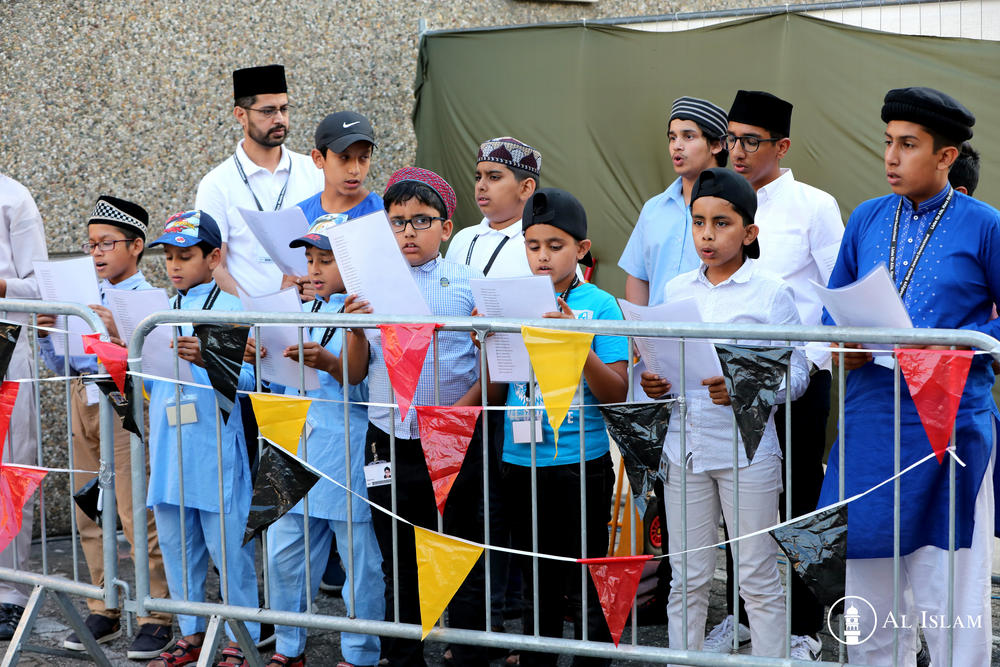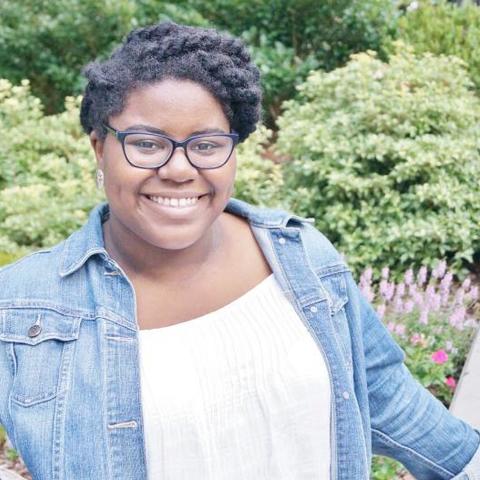Section Branding
Header Content
How Muslims Will Celebrate Ramadan Under Quarantine
Primary Content
April 23 marks the start of Ramadan, the month of fasting, reflection and prayer for Muslims. However, this holy holiday encourages social gathering, and as of late, that's simply not possible because of the spread of COVID-19 in Georgia. Though residents are expected to stay home until April 30, the Ahmadiyya Muslim Community Center will make this Ramadan a celebration for their community during the pandemic.
In Islam, Ramadan is considered the holiest month of the year. It’s celebrated as the month prophet Muhammad received the first revelations from God, which eventually became the Quran—the holy book for Muslims.
During Ramadan, Muslims will fast from dawn to dusk while also abstaining from sexual activity and inappropriate thoughts and behaviors.
Celdebrating Ramadan is a very social occasion, Naseer Hamayun, the director of public affairs for the Ahmadiyya Muslim Community Center’s Georgia chapter said. “We invite our guests, local community members as well, so that we can meet the general public and build friendship and understanding,” he said. “And then we pray.”
Muslims pray five times a day—Fajr at dawn, Zhuhr in the early afternoon, Asr in the late afternoon, Maghrib at sunset and Isha’a at night— but during the holy holiday, they’re expected to pray more and in their mosque with others. Then, they all break fast together.
However, the coronavirus has changed the course of celebration. Because of Gov. Brian Kemp’s shelter-in-place orders and declaration of the state’s public health emergency, the members at the community center can’t congregate as planned.
Despite these new restrictions, there are still plenty of opportunities to connect with others, Humayun said.
“This does not mean that we still cannot remain connected to our faith and community during this holy month,” he said. “Under the guidance of our Khalifa [the leader of the worldwide Ahmadiyya Muslim Community], families have been advised to observe their daily prayers in their home and to perform the five daily prayers together as a family.”
As COVID-19 cases climb over 10,000 and deaths are now in the hundreds, anxiety and stress are common feelings during this time of uncertainty. Hamayun said this is a great time to reconnect with God and seek connection with others.
“Despite these restrictions, our emphasis as a community is to be available to help our neighbors because our motto is ‘Love for all, hatred for none’, which we’ve been practicing for over 100 years in America,” he said.
Ramadan ends May 23, and as of Thursday, the shelter-in-place orders and state of emergency mandate will be over by then. If it stays that way, the community center will have the opportunity to participate in Eid al-Fitr, a three-day celebration marking the end of fasting with feasts, gifts and special prayers.
“If the pandemic restrictions are over [by May 23] and we can meet as normal, that would be a blessing from God Almighty,” Hamayun said.


